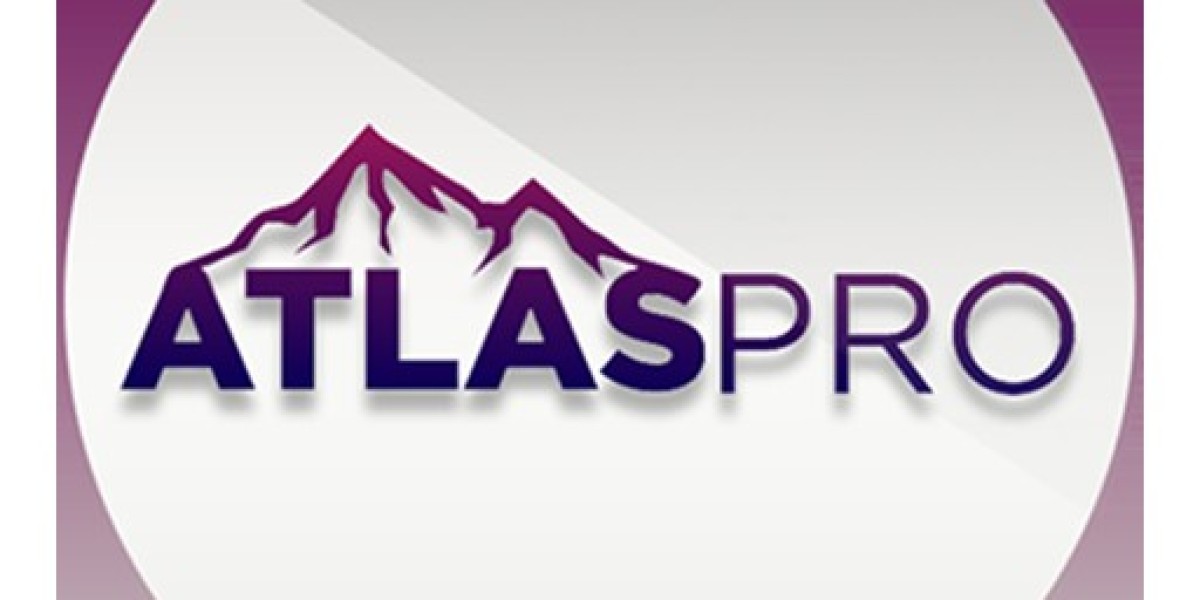Introduction
Dealing with property taxes in the UK can be daunting. Whether you're a landlord, investor, or property owner, understanding your tax obligations is vital. This is where a property tax accountant steps in, helping you navigate the complexities of UK tax laws while ensuring you make the most of your finances. But what should you expect from that first meeting? Let’s break it down.
What Is a Property Tax Accountant?
A property tax accountant specializes in tax matters related to property ownership, rental income, and investments. Their role involves ensuring compliance with UK tax regulations, identifying potential tax savings, and helping you prepare accurate tax returns. Navigating tax laws can be tricky, especially with frequent changes. A property tax accountant not only saves you time but also helps you avoid expensive errors and penalties.
Why Schedule a Meeting?
Property tax accountants in the uk bring invaluable expertise. Their advice can lead to significant financial savings, better compliance, and peace of mind. Without expert guidance, you risk missing out on tax reliefs or, worse, facing fines for errors in your returns.
The Purpose of the First Meeting
The initial consultation with a property tax accountant serves several purposes:
- Understanding Your Needs: They’ll assess your situation, whether it’s managing rental income, handling capital gains tax (CGT), or preparing for property inheritance.
- Evaluating Your Financial Goals: They’ll ask about your short- and long-term goals, like building a property portfolio or minimizing your tax bill.
- Providing an Overview: Expect a general explanation of the UK property tax landscape, tailored to your specific concerns.
This meeting is an opportunity for both parties to establish a working relationship and outline how they can collaborate effectively.
What to Bring to the Meeting
Preparation is key. To make the most of your first meeting, bring the following:
- Details of Your Property Transactions: Purchase and sale documents, mortgage statements, and tenancy agreements.
- Income Records: Rental income statements or invoices for property-related services.
- Expense Records: Receipts for repairs, maintenance, property management fees, and other allowable expenses.
- Tax Returns: Copies of past self-assessment tax returns if applicable.
- Future Plans: Information about upcoming purchases, sales, or renovations.
The more information you provide, the more personalized and accurate their advice will be.
What Will Be Discussed?
Your Property Tax Obligations
The accountant will begin by explaining your tax responsibilities. Depending on your situation, this could include:
- Income Tax: On rental income.
- Stamp Duty Land Tax (SDLT): On property purchases, with higher rates for additional properties.
- Capital Gains Tax (CGT): On profits from property sales.
- Inheritance Tax (IHT): If you plan to pass property to heirs.
Understanding these taxes is essential to ensure compliance and avoid penalties.
Allowable Deductions and Reliefs
One of the most valuable aspects of working with a property tax accountant is learning about deductions and reliefs. These could include:
- Mortgage interest relief (for older agreements).
- Repairs and maintenance costs.
- Property management fees.
- Wear and tear allowance (for furnished properties).
- Private Residence Relief and Lettings Relief (if applicable).
They’ll help you identify which expenses you can claim to reduce your taxable income.
Tax-Efficient Ownership Structures
If you own multiple properties or plan to expand your portfolio, the accountant might discuss ownership structures. These could include:
- Personal Ownership: Ideal for smaller-scale landlords.
- Limited Companies: Offering tax advantages for high-income landlords or those with significant portfolios.
- Joint Ownership: With a spouse or partner for income-splitting benefits.
They’ll outline the pros and cons of each structure and recommend what works best for you.
Navigating Capital Gains Tax (CGT)
Selling a property often triggers CGT. The accountant will:
- Explain how CGT is calculated (based on gains after deducting the annual exemption).
- Highlight reliefs like Private Residence Relief if the property was your main home.
- Suggest strategies to minimize CGT, such as timing sales or reinvesting proceeds.
Planning for the Future
Tax accountants don’t just focus on the present—they help plan for the future. They might discuss:
- Strategies to reduce inheritance tax on properties passed to heirs.
- Using pensions or other investments to diversify your wealth.
- Preparing for tax changes that could affect property owners, such as adjustments to SDLT or CGT rules.
Preparing for Your First Meeting
Documents to Gather
- Recent property tax returns
- Income and expense records
- Mortgage and loan agreements
- Details of your property portfolio
Questions to Prepare
Think about your goals. Are you looking to reduce taxes? Plan for future investments? Clarifying your objectives helps you get the most out of the meeting.
The Agenda of the First Meeting
Expect your accountant to ask for a summary of your properties, their values, and income generated. They'll explain your specific tax responsibilities, including income tax, Capital Gains Tax (CGT), and potential stamp duty implications.
What Happens During the Meeting?
This is your chance to discuss your concerns and goals. A good accountant builds rapport and ensures you feel comfortable.They’ll dive into the details of your finances to identify areas for tax optimization. Your accountant may suggest ways to reduce taxes, such as leveraging allowances or restructuring your portfolio. Learn about what expenses you can deduct, from repair costs to professional fees. If you’re selling properties, CGT will be a significant focus of the discussion.
Common Questions Your Accountant May Ask
- How many properties do you own?
- Are any properties jointly owned?
- What is your annual rental income?
- Have you made any recent property sales?
What You Should Ask Your Accountant
- How can I legally minimize my taxes?
- Are there any upcoming changes to tax laws I should know about?
- What are the filing deadlines?
- Do I qualify for any tax reliefs?
Understanding Fees and Costs
How Accountants Charge
Some accountants charge hourly, while others work on a fixed-fee basis. Make sure you understand their pricing structure upfront.
Estimating Your Budget
Discuss what services are included and whether additional costs may arise.
Addressing Compliance and Legal Requirements
Staying Compliant with HMRC Rules
Your accountant will guide you on keeping accurate records and meeting deadlines to avoid penalties.
Avoiding Penalties
They'll highlight common compliance pitfalls and how to steer clear of them.
Building a Long-Term Relationship
Importance of Regular Communication
A good accountant doesn’t just show up at tax time—they provide ongoing advice throughout the year.
How Accountants Help Beyond Taxes
From investment planning to estate management, property tax accountants can support your broader financial goals.
Common Mistakes to Avoid
- Forgetting to declare rental income
- Overlooking legitimate deductions
- Relying on outdated tax advice
The Outcome of the First Meeting
Clear Action Steps
By the end of the meeting, you should have a detailed plan to address your tax situation.
Confidence in Your Financial Plan
You’ll leave with a better understanding of your obligations and how to optimize your tax position.
Conclusion
Your first meeting with a property tax accountant is an opportunity to set the foundation for financial success. With the right preparation and a professional’s guidance, you can save money, stay compliant, and gain peace of mind.
FAQs
1. How do I find a reliable property tax accountant in the UK?
Look for professionals with relevant qualifications, experience, and positive reviews.
2. Can I handle property taxes without an accountant?
You can, but a professional ensures accuracy and helps you save money.
3. How much do property tax accountants charge?
Fees vary but generally range from £150 to £300 per hour or fixed fees for specific tasks.
4. What happens if I miss a tax filing deadline?
You may face penalties and interest charges from HMRC.
5. Is the first consultation usually free?
Some accountants offer free initial consultations, but it's best to confirm in advance.



